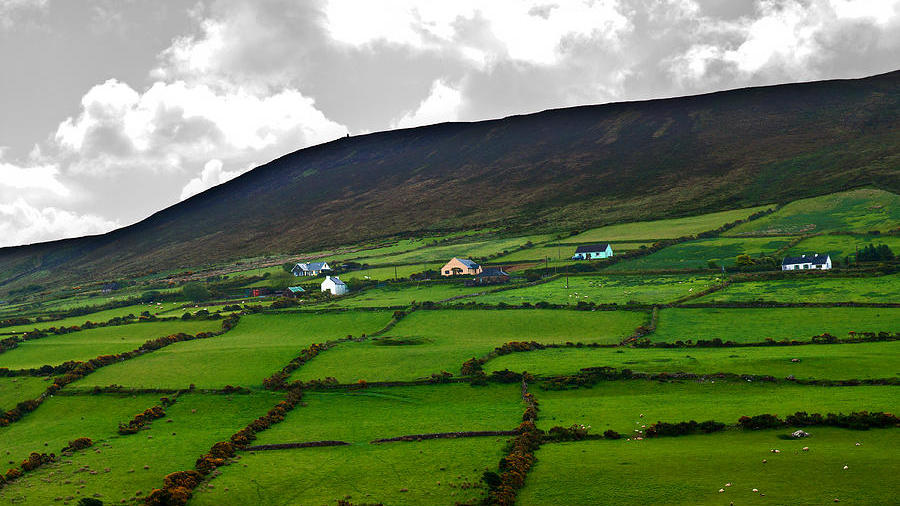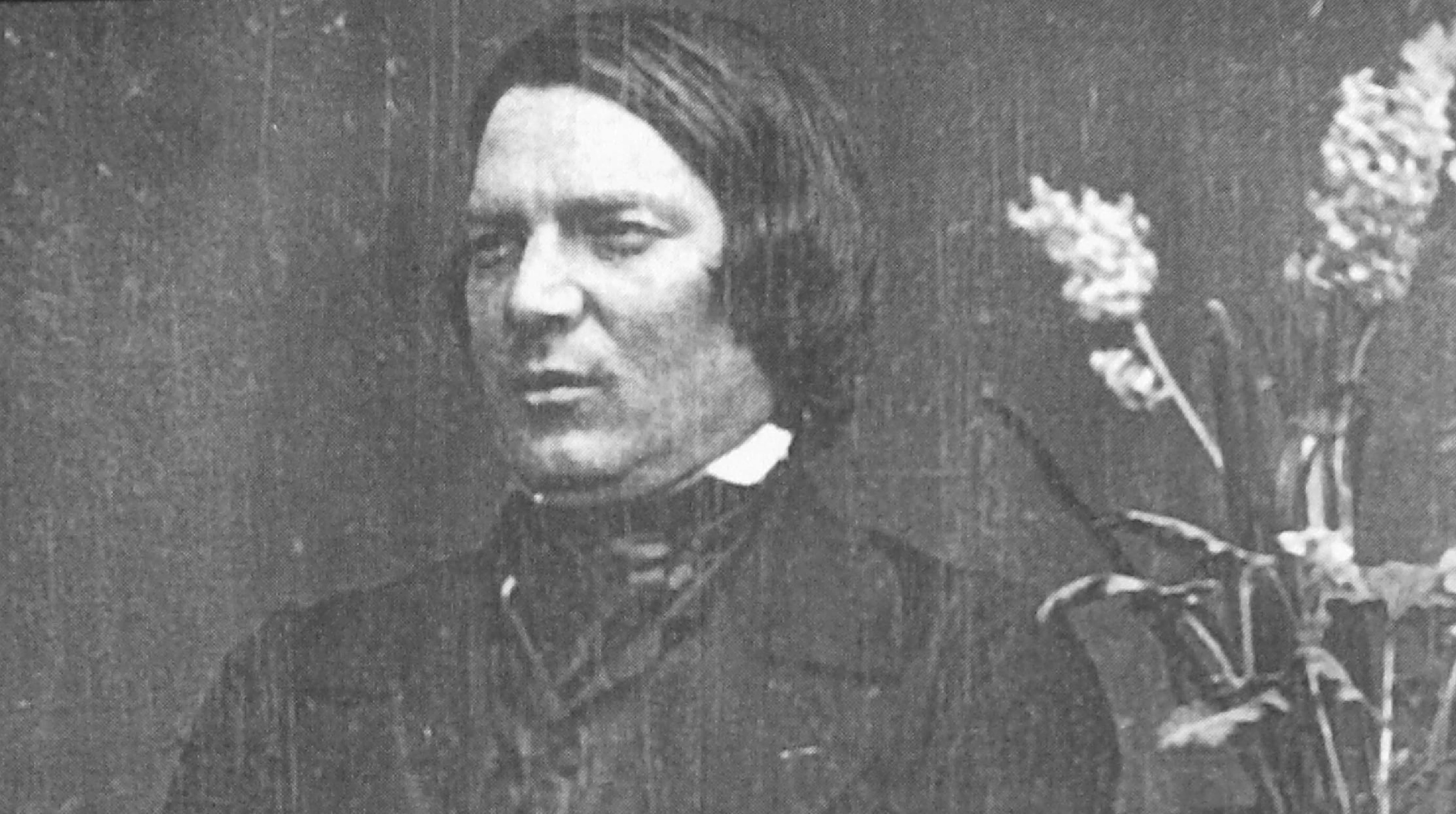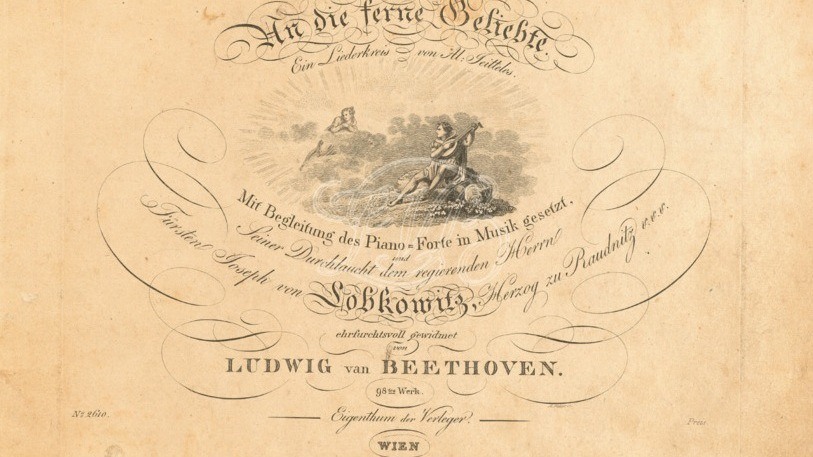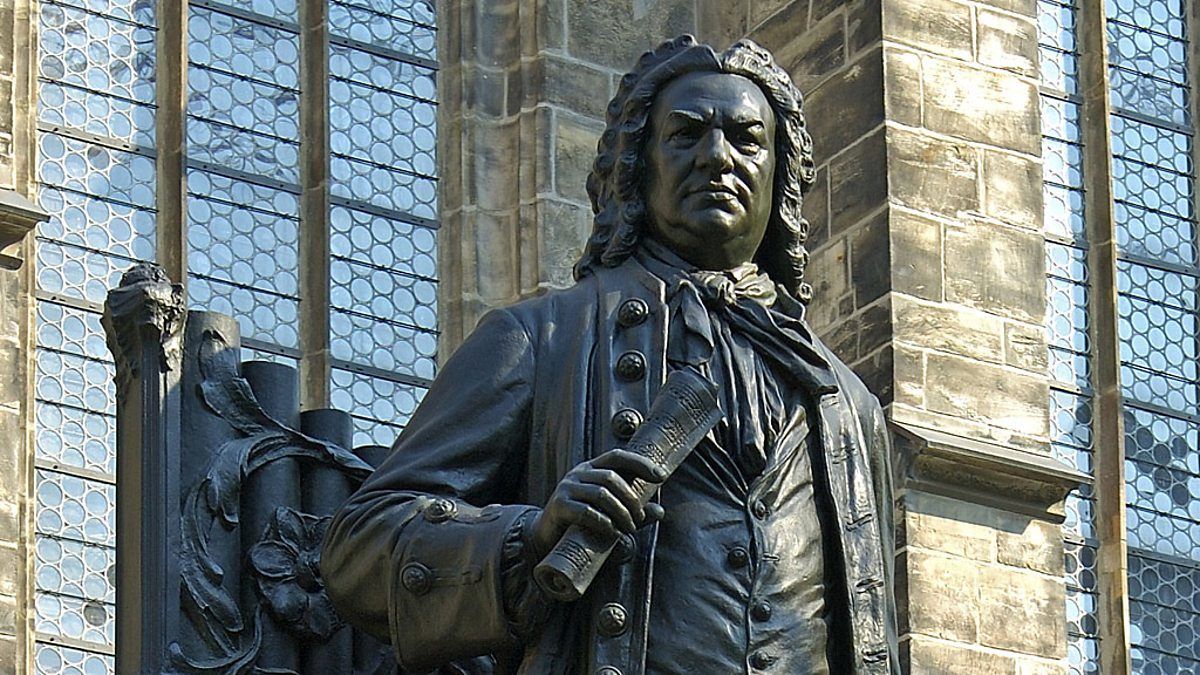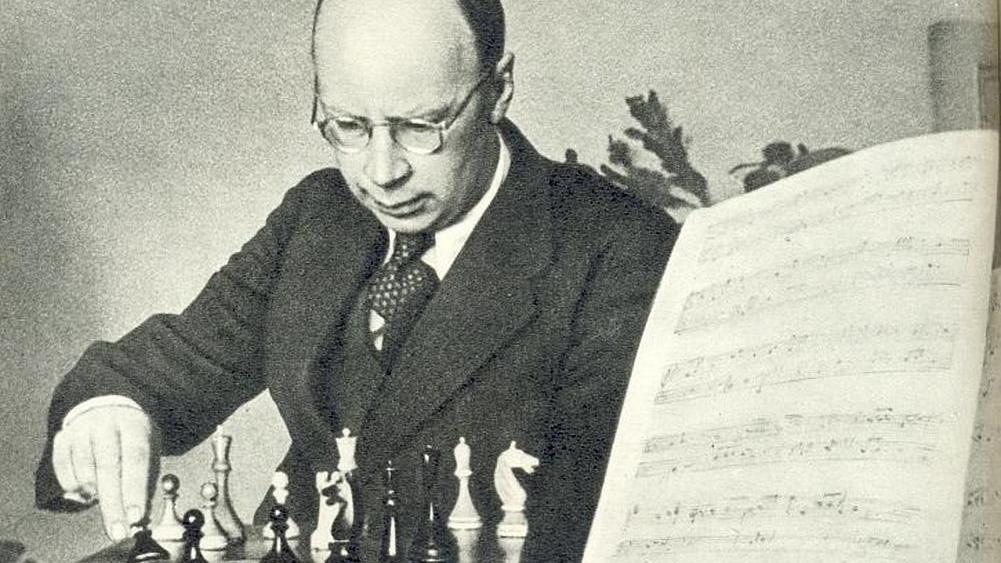Keith Jarrett’s Improvisation on “Danny Boy”
With Saint Patrick’s Day around the corner, this seems like a good time to pause and take in the sublime beauty of Keith Jarrett’s improvisation on the ancient Irish melody, “Danny Boy.” This melody has been a rich source for jazz musicians, from the jubilant virtuosity of Art Tatum, to the sultry soulfulness of the Oscar Peterson Trio, to the far-reaching development of Bill Evans. Jarrett’s approach finds a songful simplicity and a celebration of the moment. Listening to …

